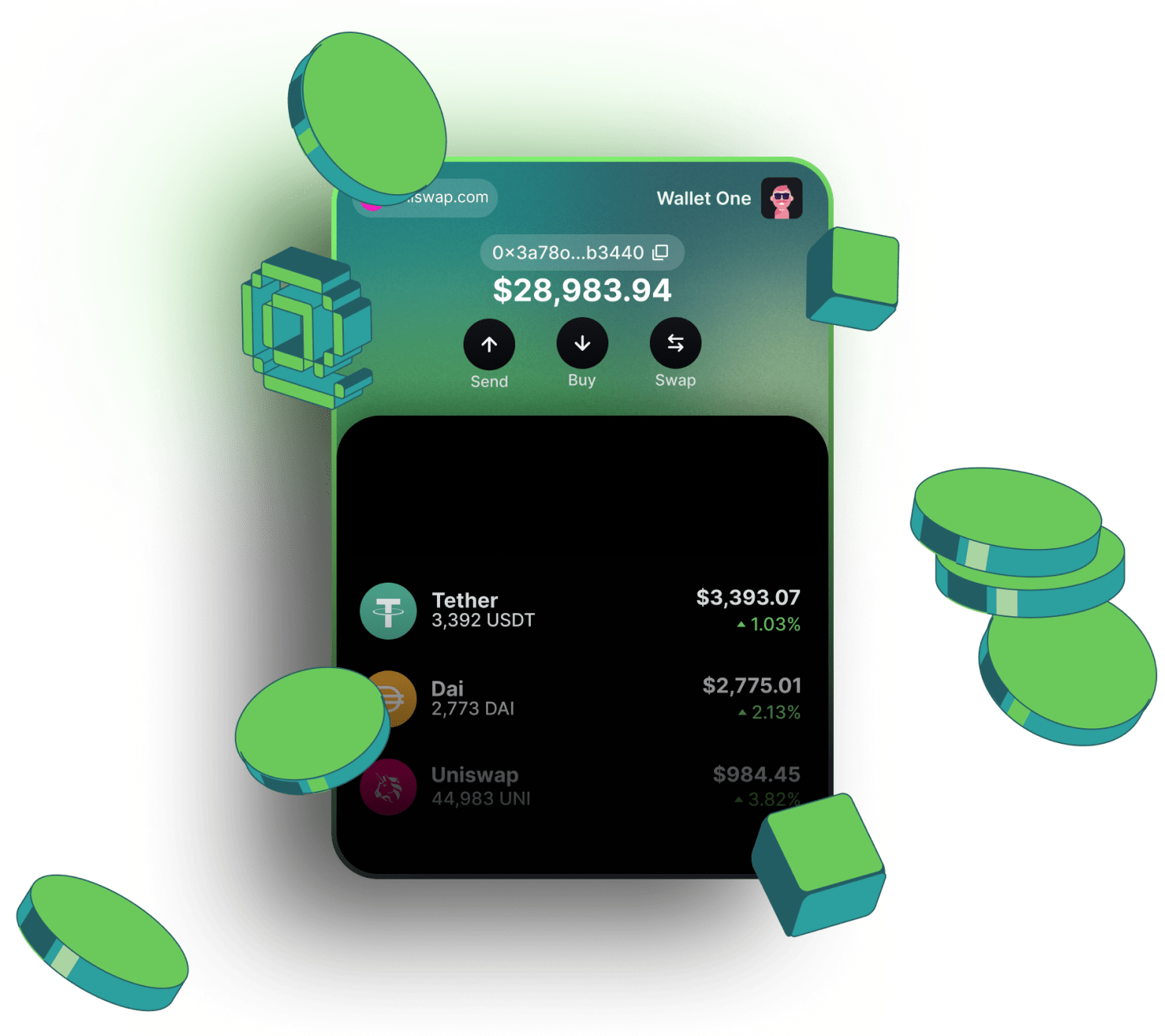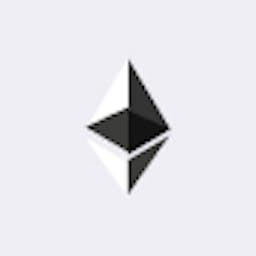Wigwam is the best  Celo blockchain crypto wallet
Celo blockchain crypto wallet

Why choose the Wigwam crypto app?
Work with Celo Testnets and Mainet
Buy Celo tokens, including native token, by using a credit card
Swap Celo-based tokens directly in the wallet
Possibility to connect the wallet to all Celo blockchain dAps: DeFi, DAO, Gamings, etc
How to get a Celo address in Wigwam web wallet
Create a wallet in Wigwam
Choose a Celo network from the dropdown menu
Copy you Celo address
Celo Blockchain Review
Celo is a blockchain protocol designed to solve digital asset adoption challenges and introduce decentralized finance services to mobile users. It enables fast transactions and equips developers with the resources to build various dApps.
Origin and Vision
In 2017, Celo was introduced as a mobile-centric blockchain platform to make decentralized finance tools accessible to everyone. It offers users efficient, affordable financial solutions and emphasizes community participation.
Key Milestones
Celo’s official mainnet launched in May 2020. This network processed 1.6 million transactions within the first seven months. Also, the Celo blockchain plans to complete its technology stacks assessment for transitioning to a Layer 2 blockchain by mid-January next year. This move will enable cross-chain communication and help the ecosystem grow.
What Consensus Algorithm Does Celo Blockchain Use?
Celo employs the Byzantine Fault Tolerant (BFT) PoS algorithm to confirm network transactions successfully. It reaches consensus through validator nodes exchanging information to authorize transactions. In BFT, users express their desire to become network nodes and are chosen through votes from CELO holders. The top 100 become validators for a given epoch and each gets a share of the block reward for their efforts.
How Celo Technically Solved Problems with Scalability, Decentralization, and Speed
Celo effectively solved versatility, decentralization, and speed issues using the BFT algorithm. It makes the chain scalable by processing transactions off-chain and using validator nodes to create and validate blocks. It eases congestion on the network, ensuring efficient transaction processing. The mechanism also decentralizes the system by allowing the broader community to vote and participate in on-chain governance.
DeFi Ecosystem on Celo
The Celo DeFi ecosystem features cUSD, a stablecoin that users can create and use for efficient network transactions.
Many DeFi apps on Celo facilitate the trading of digital currencies. Ubeswap is a DEX platform for buying and selling assets using a mobile device. Also, Moola is a user-friendly liquidity protocol that provides access to yield and credits.
Celo NFTs Marketplaces
Celo NFT marketplaces connect digital enthusiasts, allowing artists to buy and sell imaginative artworks quickly. Two notable examples are Mintdropz and Tatum.
Creators should visit Mintdropz to showcase digital artworks, build, expand, and earn money through their fanbase. Also, explore, sell, and collect one-of-a-kind digital art pieces at Tatum.
Tokenomics and Gas Usage on Celo
CELO token is the native currency and gas fee token for users on this blockchain. Its utilities are as follows:
- Transaction Fee: Users pay transaction fees on the network using the CELO tokens.
- Staking: Users stake CELO tokens to become validators on the chain
- Governance: Users participate in network governance using the CELO tokens.
Conclusion
Celo is an efficient blockchain solution designed to make DeFi services available to users globally, catering to those without access to traditional banking services. It was created to serve mobile phone users and enable the seamless transfer of crypto tokens.
FAQ
The gas fee token for this blockchain is CELO token.
Users can check activities in the Celo wallet through various blockchain explorers. Celoscan and Celo Explorer are user-friendly examples for beginners.
Users can view the CELO price, transaction, and block history through the Celoscan Explorer.
Celo Explorer lets users view the market cap and daily price with total transaction and block time history information.
There are various cryptocurrency wallets compatible with this blockchain, and some of them include the following:
- Wigwam crypto app
- Celo Wallet
- Valora Wallet
- MetaMask Wallet.
Go to the official website to get MetaMask on your Android or iPhone. Open the app in your browser, create a wallet with a password, and say “yes” to the terms. Tap “Reveal secret words” to see your 12-word phrase, copy, save, and hit “Confirm.” Next, go to settings and tap “Add Network.” Type in the network details like name, RPC, and block explorer URL. Then, input the chain ID and currency symbol. Save it, and you can explore the wallet.
Notable projects in this ecosystem span the DeFi and NFT sectors. Use Moola to access yield and credit and trade virtual currencies on Ubeswap. Also, creators can profit from their fans through Mintdropz, and Tatum allows users to explore and trade unique digital artworks.





